Alleviating Hiccups in Babies
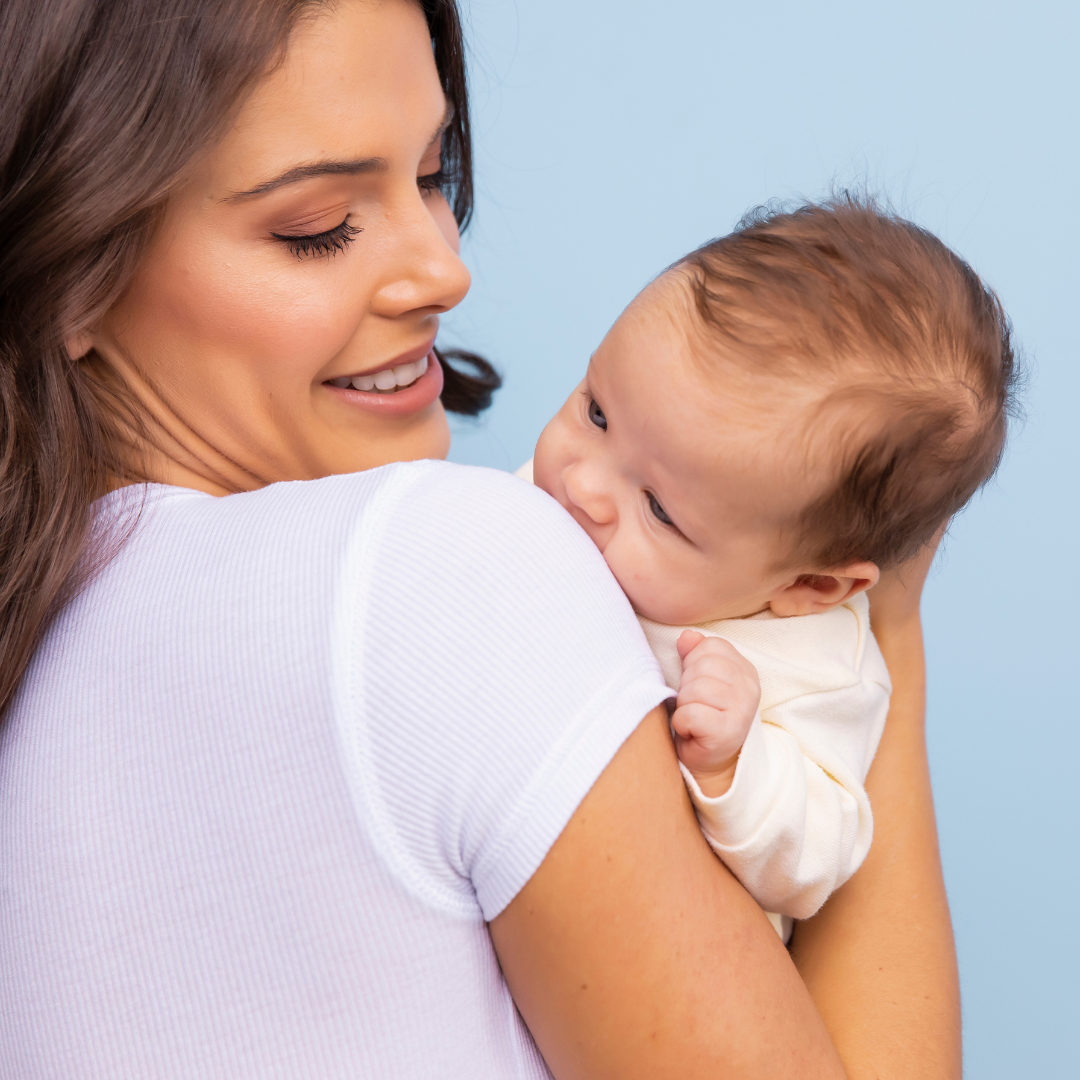
Newborn hiccups are quite common but can often be a concern for parents. What causes hiccups in newborns and babies? How can you get rid of them? How can you prevent them altogether? In this blog, we answer all these questions and more.
What causes newborn hiccups?
Hiccups are caused by a spasm in the diaphragm of your little one. The diaphragm is the large muscle that runs across the bottom of the rib cage that moves up and down as we breathe. No one knows for sure why we hiccup, as diaphragm spasm is speculated to be triggered by several things. Most often, newborn hiccups are caused by overfeeding, eating quickly or swallowing air.
How can you prevent hiccups in your baby?
Feeding your baby warm and cold food one after the other can cause hiccups. If you give your baby a cold drink and then a warm one, the sudden stomach temperature change may be causing the hiccup bout.
Sometimes, the cause of baby hiccups can be gastroesophageal reflux, also known as GER. GER is when partially digested food and acidic juices from the stomach flow back up into the esophagus, causing burning and discomfort. It’s essentially infant acid reflux. The diaphragm can get irritated and lead to baby hiccups since the esophagus passes through the diaphragm.
How can you get rid of your baby's hiccups?
Hiccups will typically go away in a few minutes but can last 10 minutes or longer sometimes. They can also happen multiple times a day.
Below are a few tips for relieving your baby’s hiccups.
1. Burp your baby.
Burping your baby throughout bottle feeding can be extremely helpful. Stop halfway through a bottle to burp your little one for five to ten minutes. Also, repositioning the bottle is helpful. Make sure that air isn’t near the nipple but instead is at the bottom of the bottle. Air near the nipple can get trapped in a baby’s stomach and cause hiccups, burps and gas.
2. Slow down feedings or take breaks during feeding.
Changing your feeding position or just relaxing for a bit between feedings can help with hiccups. When a baby is rushed to eat, he or she may swallow air that can cause hiccups.
3. Use a pacifier.
Allowing your little one to suck on a pacifier will help to relax the diaphragm and help stop hiccups. Also, if your little one is irritated by the hiccups, a pacifier will help to soothe him or her.
4. Try Colic Calm.
Colic Calm is a popular choice among parents when it comes to curing hiccups. Chamomilla, one of Colic Calm’s active ingredients, is shown to relieve irritability and hiccups. The great thing about Colic Calm is that it focuses on relieving a collection of typical newborn digestive woes and not just hiccups. Colic, gas, upset stomach and even teething are assisted with Colic Calm.
5. Let the hiccups run their course.
Chances are, your little one’s hiccups are bothering you more than they’re bothering your child. Sometimes it’s best to let the hiccups run their course and not worry too much. Hiccups are normal for babies. Of course, if they happen often and you can’t seem to cure them, talk to your pediatrician.
6. Rub your baby’s back or give your baby a massage.
After a feeding, sit your little one upright for 20 to 30 minutes. Massage your baby’s back and rock him or her to soothe. The soothing feeling and rocking motion may help to calm your child’s hiccups.
It’s important to remember that your baby’s hiccups are normal until the age of one. If your baby is under the age of one, is not throwing up and does not seem bothered, everything should be fine. If your child’s hiccups continue past the age of one, you should consult a pediatrician.
 Canada
Canada South Africa
South Africa UK
UK EU & Int
EU & Int Ireland
Ireland Australia
Australia Brazil
Brazil New Zealand
New Zealand



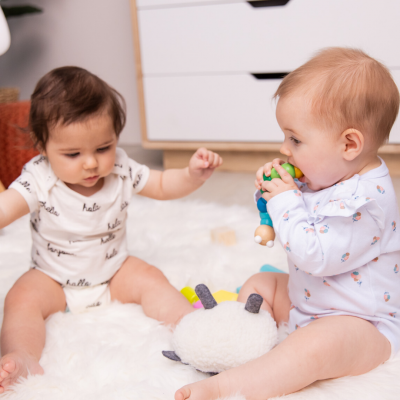
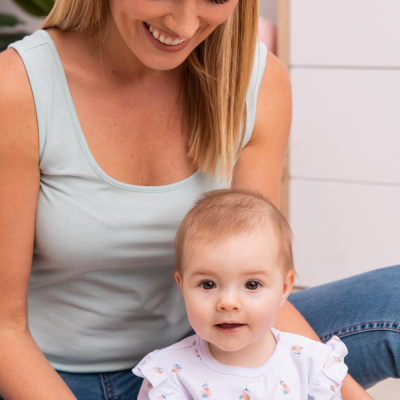
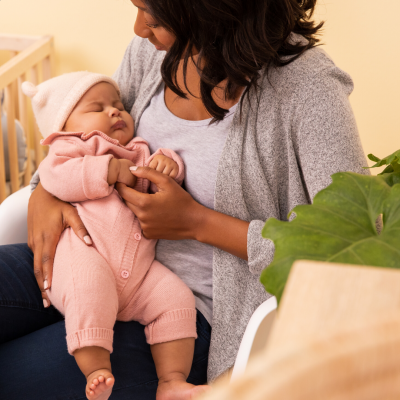
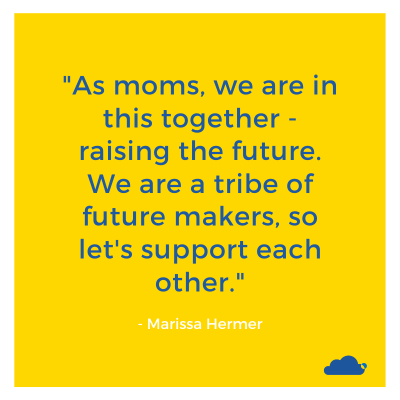
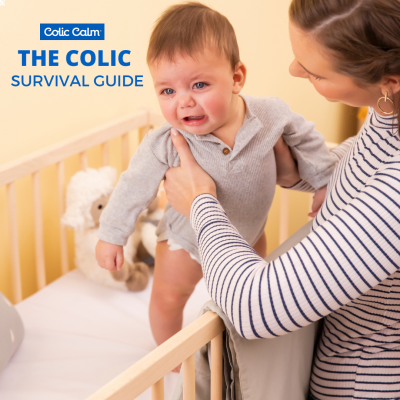


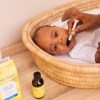
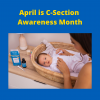
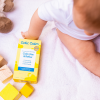



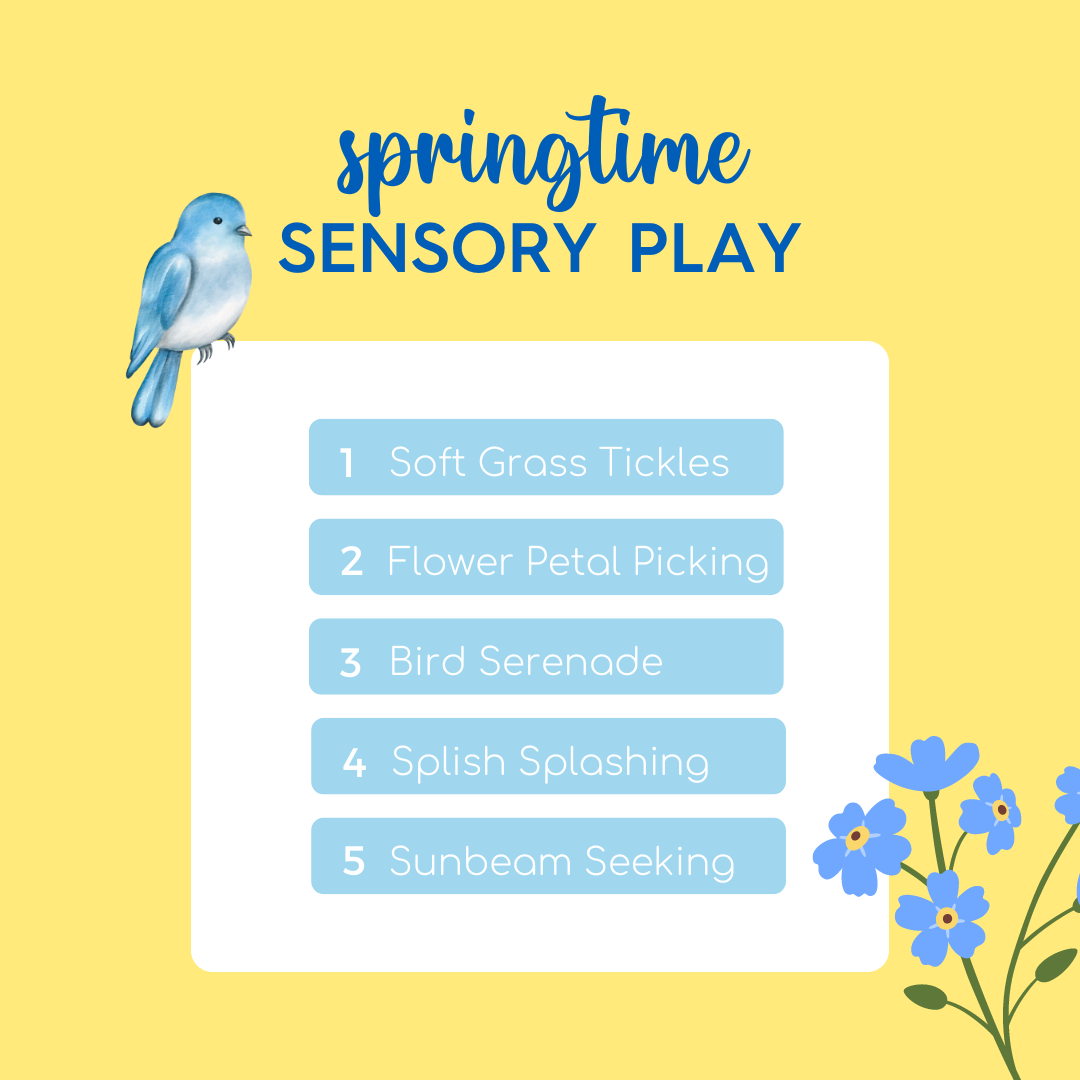
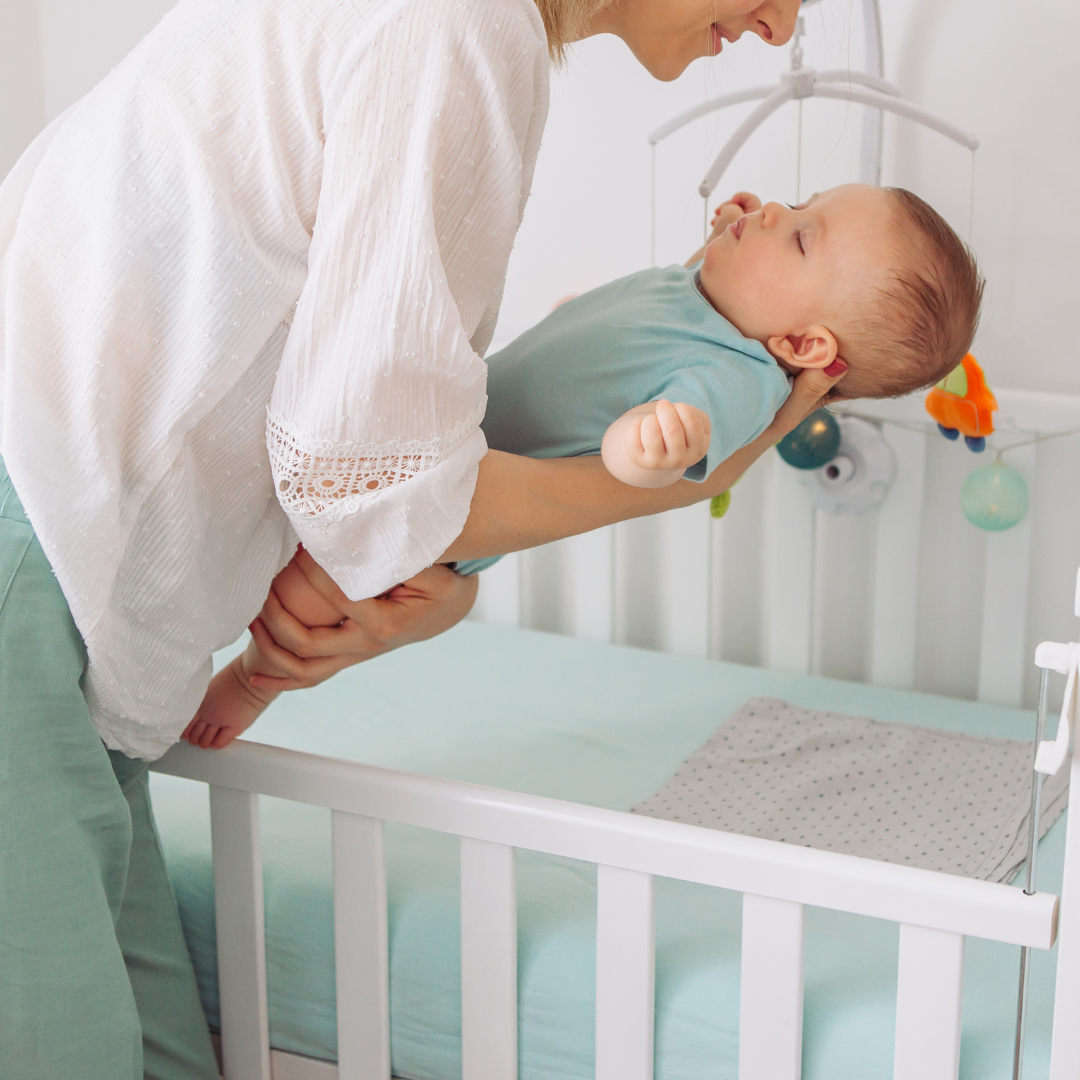
Comments